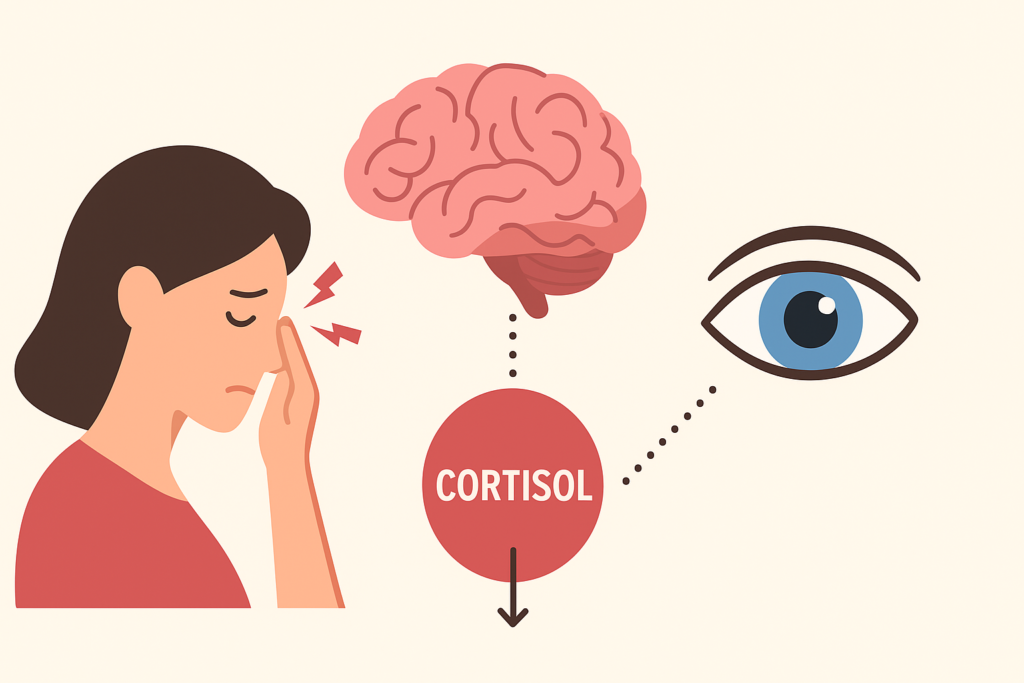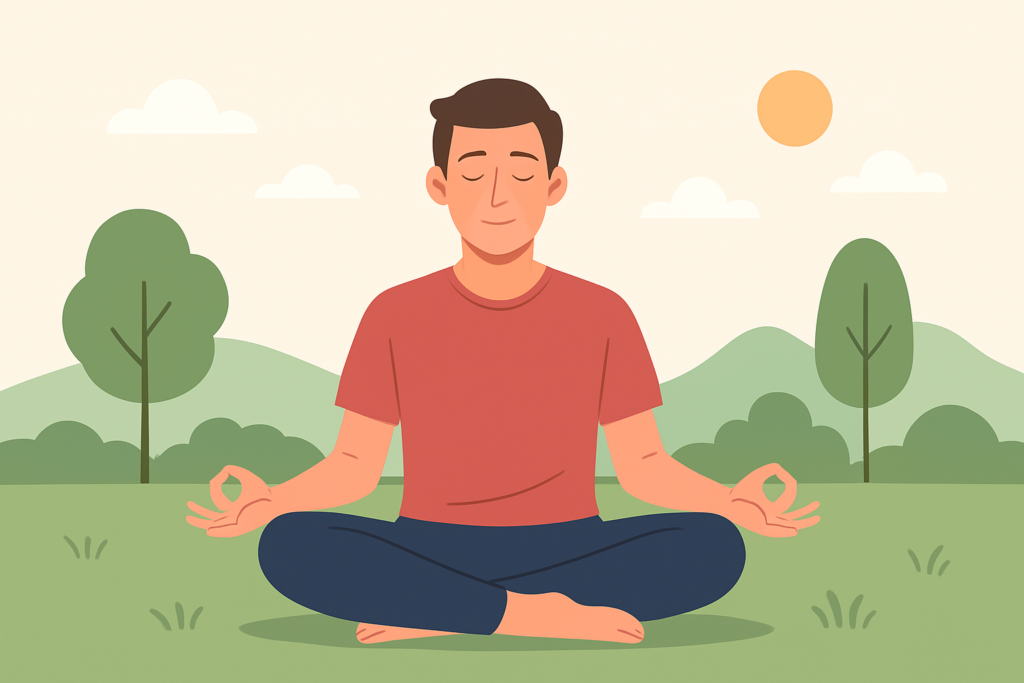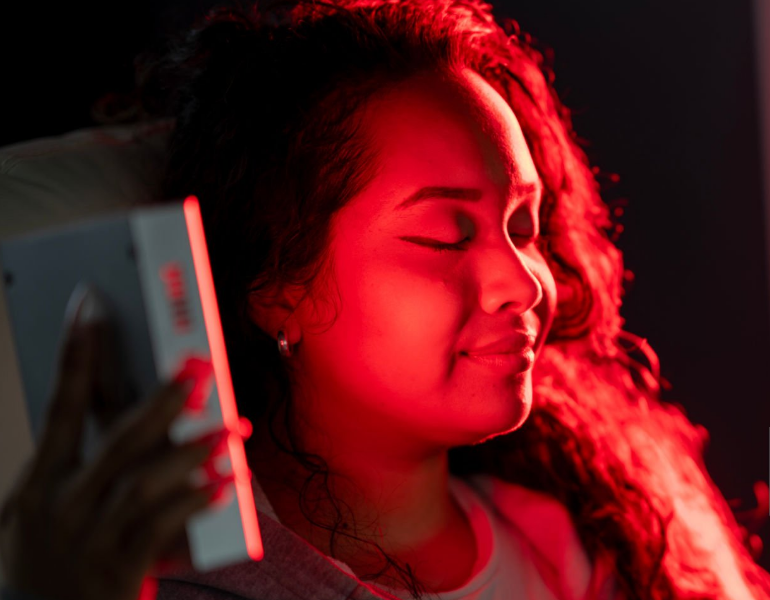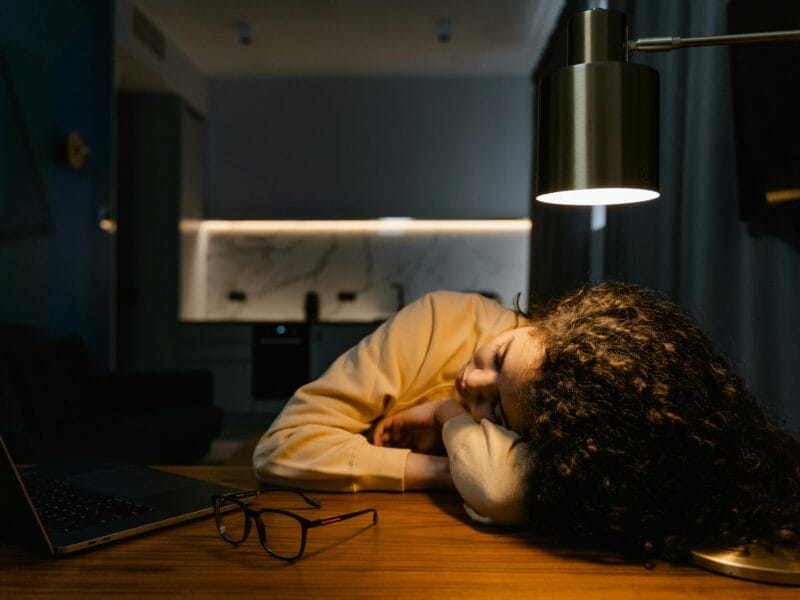Introduction
Stress and anxiety have become everyday realities for millions of people. From work deadlines to constant exposure to digital devices, modern life keeps our minds and bodies under constant pressure. While most people are aware of the effects stress has on mental health, fewer realize the powerful connection between stress, anxiety, and eye health.
Can constant worry, lack of sleep, or prolonged stress actually harm your vision? The answer is yes — and the effects can range from mild eye strain to more serious, long-term complications. In this article, we will explore how stress and anxiety impact the eyes, what symptoms to look out for, and the best ways to protect your vision in stressful times.
How Stress Affects the Body and Eyes
Stress triggers the release of cortisol, a hormone that prepares your body for “fight or flight.” While helpful in short bursts, chronic stress keeps cortisol levels elevated, which can harm blood vessels, nerves, and even your eyes.
High stress levels can lead to:
- Increased eye pressure (linked to glaucoma risk)
- Reduced blood flow to the eyes, causing blurred vision
- Dry eyes, due to hormonal changes in tear production
- Eye twitching and spasms (commonly linked to anxiety and fatigue)
Did You Know?
👉 People with chronic stress are 40% more likely to develop eye strain and vision fluctuations compared to those with healthy stress management habits.
Common Eye Symptoms Linked to Stress and Anxiety
When under stress, the body reacts in subtle ways that often manifest in the eyes. Some of the most frequent symptoms include:
- Blurry vision – sudden, temporary episodes caused by stress hormones disrupting focus
- Eye twitching (myokymia) – harmless but often triggered by anxiety, caffeine, and lack of rest
- Light sensitivity (photophobia) – anxiety heightens nervous system responses, making eyes more sensitive
- Headaches and eye strain – tension headaches frequently radiate into the eyes
- Dry eyes – anxiety decreases blinking rate, worsening digital eye strain
If you’ve noticed these symptoms appearing during stressful periods, it may be a sign that your mental health is directly influencing your vision.

Anxiety and Vision Disturbances
While stress causes physical strain, anxiety can amplify perception of eye problems. People with anxiety disorders often report:
- Visual snow (tiny flickering dots across vision)
- Tunnel vision during panic attacks
- Floaters and flashes appearing more noticeable
- Difficulty focusing when anxious or overwhelmed
These symptoms are usually temporary, but if persistent, they should be checked by an eye doctor to rule out underlying conditions.
Long-Term Risks of Chronic Stress on Vision
Short-term stress-related eye symptoms are often reversible. However, long-term stress and anxiety may contribute to more serious conditions:
- Glaucoma – elevated cortisol may increase eye pressure
- Central serous chorioretinopathy (CSCR) – linked to stress, causes fluid buildup under the retina
- Worsening of dry eye syndrome
- Increased risk of macular degeneration progression
Chronic stress also weakens the immune system, making the eyes more vulnerable to infections and delayed healing.
Long-Term Risks of Chronic Stress on Vision
Short-term stress-related eye symptoms are often reversible. However, long-term stress and anxiety may contribute to more serious conditions:
- Glaucoma – elevated cortisol may increase eye pressure
- Central serous chorioretinopathy (CSCR) – linked to stress, causes fluid buildup under the retina
- Worsening of dry eye syndrome
- Increased risk of macular degeneration progression
Chronic stress also weakens the immune system, making the eyes more vulnerable to infections and delayed healing.

Prevention and Lifestyle Tips for Stress-Related Eye Issues
The good news: by managing stress effectively, you can significantly reduce its impact on your eyes.
Here are proven strategies:
- Practice the 20-20-20 rule – Every 20 minutes, look at something 20 feet away for 20 seconds.
- Deep breathing and meditation – Reduces cortisol levels and improves blood flow to the eyes.
- Improve sleep quality – Lack of sleep intensifies eye strain and anxiety.
- Stay hydrated – Dehydration worsens dry eyes.
- Reduce screen time – Blue light exposure amplifies stress and fatigue.
- Exercise regularly – Boosts circulation and helps regulate hormones.
Did You Know?
👉 Just 10 minutes of mindful breathing a day can significantly reduce stress-related vision problems.
When to See a Doctor
Not every eye symptom is caused by stress. You should schedule an eye exam if you notice:
- Persistent blurry vision
- Sudden loss of vision or dark spots
- Severe eye pain
- Frequent flashes or floaters
Your doctor can determine whether the issue is stress-related or due to another medical condition.
FAQ Section
1. Can stress permanently damage my eyesight?
In most cases, stress-related eye problems are temporary. However, chronic stress can contribute to conditions like glaucoma and retinal disorders if left unmanaged.
2. Why do my eyes twitch when I’m stressed?
Stress causes overstimulation of nerves and muscles, leading to harmless but annoying eyelid spasms.
3. Can anxiety cause blurry vision?
Yes. Anxiety triggers the release of adrenaline, which alters blood flow and focus, leading to temporary blurry vision.
4. What’s the best way to prevent stress-related eye issues?
Stress management techniques such as meditation, proper sleep, and reduced screen time are highly effective.
Conclusion
The link between stress, anxiety, and eyesight is stronger than many people realize. While occasional stress is unavoidable, chronic stress can contribute to both short-term vision disturbances and long-term eye health risks.
By combining stress management, lifestyle changes, and regular eye exams, you can protect not only your mental well-being but also your vision. Remember, your eyes often reflect your overall health — keeping them safe starts with taking care of your mind.



